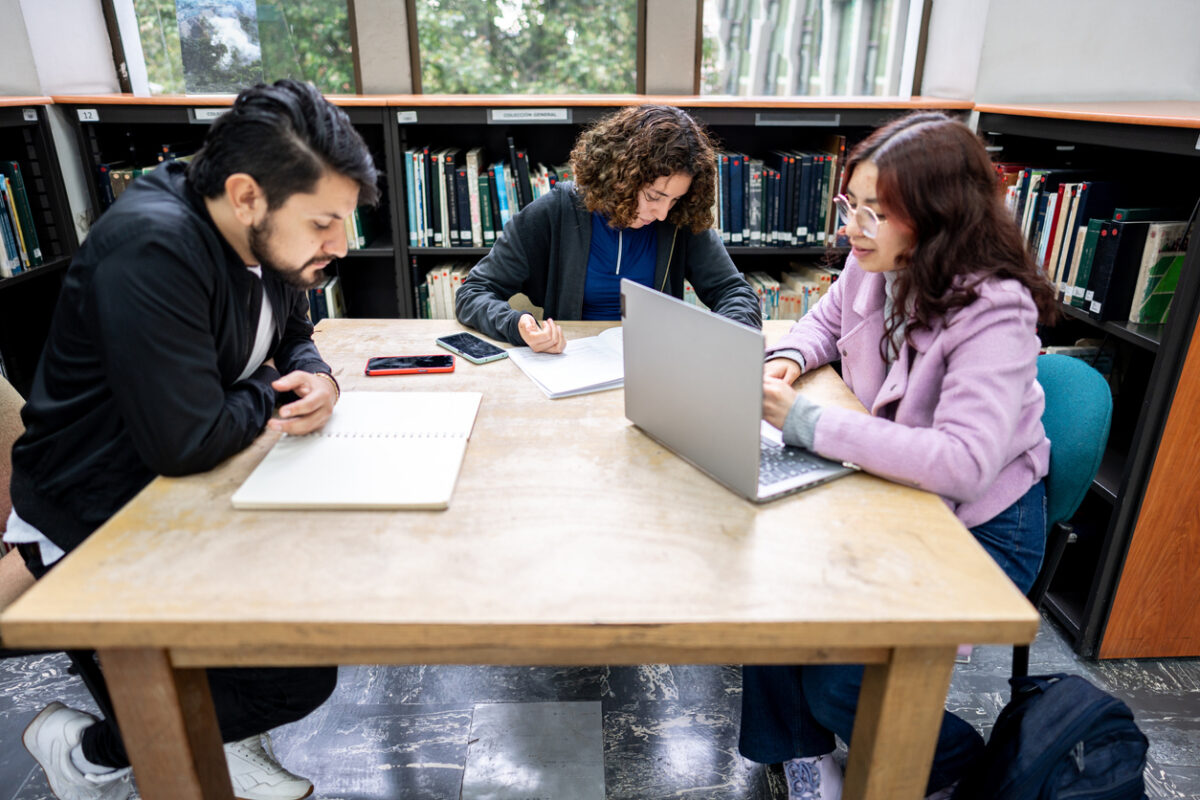New Millennium Project
Published May 15, 2014
Washington, D.C., April 8, 1997—The Institute for Higher Education Policy and The Education Resources Institute (TERI) have announced a new, multi-year project, funded by the Ford Foundation, to study, recommend and implement fresh, practical solutions for colleges and universities to increase productivity, maintain quality and access, and manage costs.
The new project, "Higher Education Costs, Pricing, and Productivity in the New Millennium," will focus on strategies for managing change within institutions, rather than on growth in revenues. The project will be a collaborative effort of The Institute for Higher Education Policy, a Washington, D.C.-based research group, The Education Resources Institute, a Boston-based organization providing education information and financing services, and the Ford Foundation.
The "New Millennium" project, led by project co-directors Jamie Merisotis and Jane Wellman of The Institute, will establish new methods and tools for college and university leaders to promote internal cost management and productivity. Beginning in April, 1997, the first two years will focus on studying the issues and developing recommendations and models. Pilot testing and implementation is expected in the following two years.
The project also will hold periodic seminars and meetings, convening a wide array of national experts and leading-edge thinkers from education, industry, and government with an interest in the future of education.
"Higher education institutions today," stated L. Steven Zwerling, Senior Director for Education, Media, Arts and Culture for the Ford Foundation, "face unprecedented challenges with escalating tuition levels, expanding student borrowing, and declining public financial support, along with growing 'non-traditional' student populations and rapidly changing technology. "These institutions are facing an evolving financial and political environment and uncertainty with respect to new government support," added Zwerling. "By creating new strategies of internal reinvestment to enhance both quality and productivity, the "New Millennium" project represents a new approach to transforming higher education."
The project will be conducted in four phases. Phase I will examine trends over the last several decades in who pays for, and who benefits from, higher education, updating and expanding upon the groundbreaking work of the Carnegie Commission on Higher Education in the 1970s. Phase II will examine how these trends have impacted the ways higher education institutions measure and manage costs.
Phase III will propose a new framework for state and institution-level cost, price and productivity policies, and a broad range of recommendations covering: the optimum balance of revenue sources to support higher education; the role of tuition as part of overall education revenues; strategies for reinvestment, curriculum reform and utilization of new technology, etc. Phase IV, the implementation stage, will select a target state or states to test the major recommendations. International cooperation with costs, pricing and productivity also will be explored.
Senior project staff include: Jamie Merisotis, President of The Institute and former Executive Director of the bipartisan National Commission on Responsibilities for Financing Postsecondary Education; Jane Wellman, Senior Associate at The Institute, who previously served as Vice President of the National Association of Independent Colleges and Universities and Deputy Director of the California Postsecondary Education Commission; Colleen O’Brien, Managing Director of The Institute; Thomas Parker, Senior Vice President of TERI and lecturer in education at Boston University; and Rosario Torres Raines, professor of sociology at Texas A&M, Kingsville.


